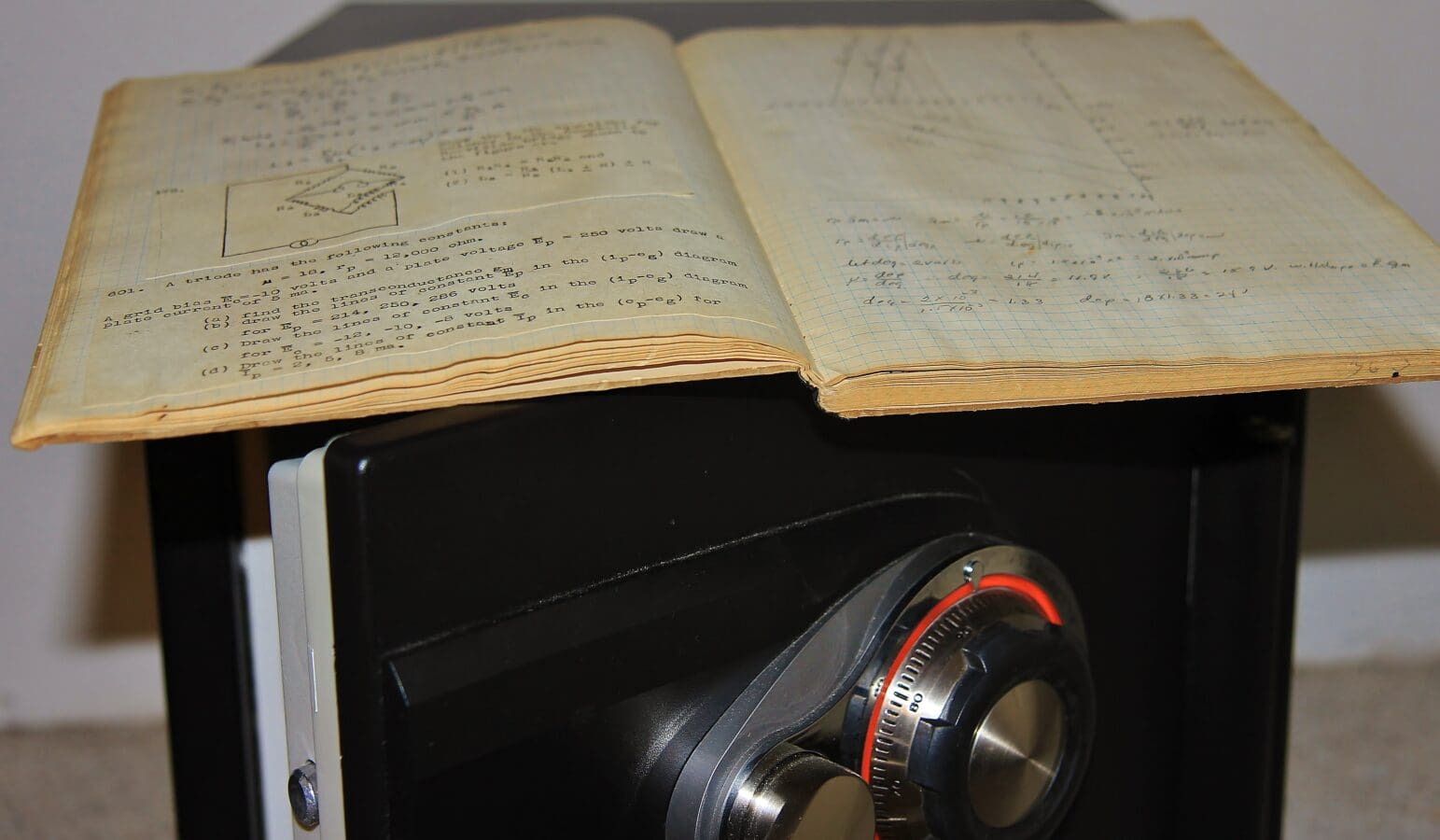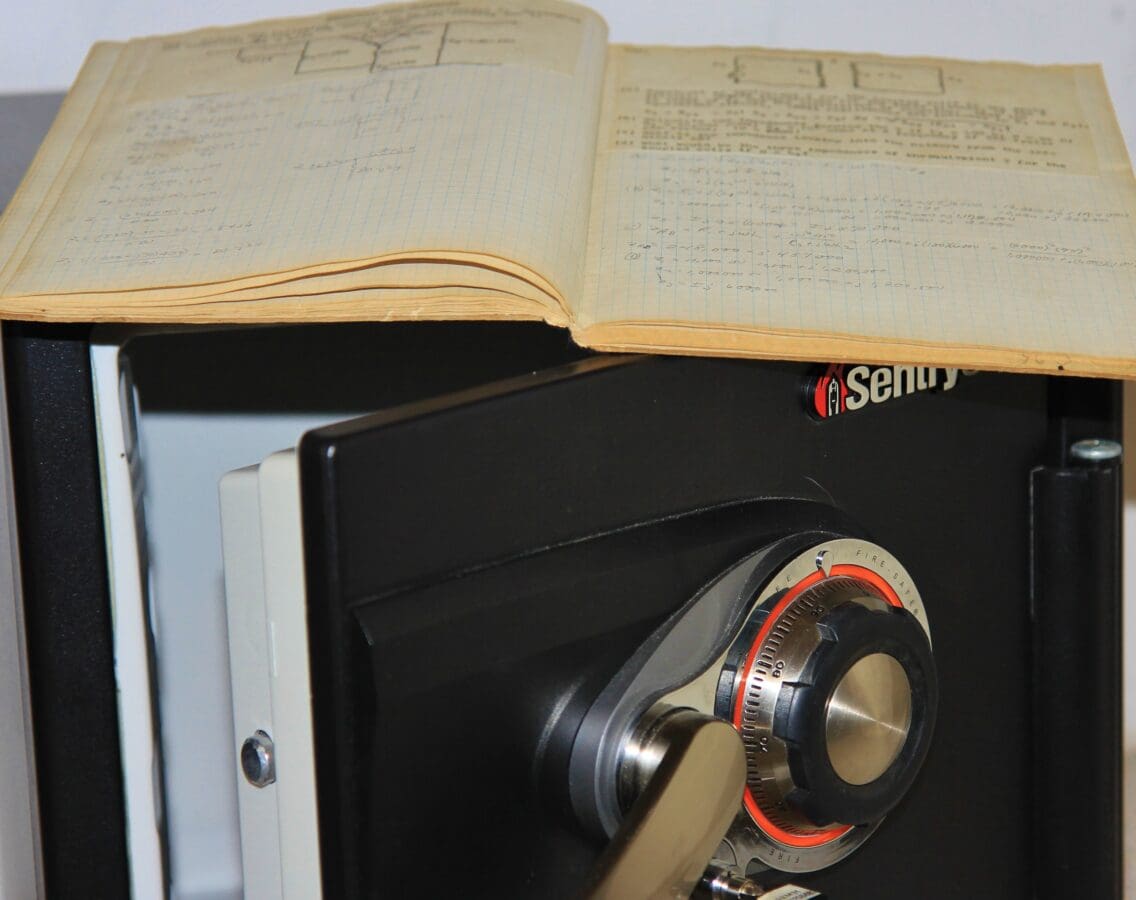
Maryland Trade Secrets Act Liability
In Maryland, claims for misappropriation of trade secrets are governed by the Maryland Uniform Trade Secrets Act, Md. Code Ann., Com. Law §§ 11-1201. Any trade secret lawsuit in Maryland will be governed by this Maryland trade secrets law. The Maryland Uniform Trade Secrets Act specifies two actions that can constitute the misappropriation of a trade secret: (1) acquisition of the alleged trade secret by improper means or (2) disclosure of the alleged trade secret without express or implied consent. MUTSA § 11-1201(c).
One of the more common situations where a party is alleged to have misappropriated trade secrets under the Maryland Uniform Trade Secrets Act is regarding a former employee that starts their own business or starts work for a competing business. However, business partners, family members, competitors, and other persons with knowledge of a particular business’s information have been alleged to have misappropriated trade secrets.
 Under the Maryland Uniform Trade Secrets Act, a trade secret is defined as “information, including a formula, pattern, compilation, program, device, method, technique, or process, that: (1) Derives independent economic value, actual or potential, from not being generally known to, and not being readily ascertainable by proper means by, other persons who can obtain economic value from its disclosure or use; and (2) Is the subject of efforts that are reasonable under the circumstances to maintain its secrecy.” MUTSA § 11-1201(e). During their employment, a former employee (or other party familiar with a company) could indeed have acquire a “formula, pattern, compilation, program, device, method, technique, or process” “information” by improper means. However, such this definition of Maryland trade secrets is limited to information that has both independent economic value and been specifically maintained under secrecy by the company.
Under the Maryland Uniform Trade Secrets Act, a trade secret is defined as “information, including a formula, pattern, compilation, program, device, method, technique, or process, that: (1) Derives independent economic value, actual or potential, from not being generally known to, and not being readily ascertainable by proper means by, other persons who can obtain economic value from its disclosure or use; and (2) Is the subject of efforts that are reasonable under the circumstances to maintain its secrecy.” MUTSA § 11-1201(e). During their employment, a former employee (or other party familiar with a company) could indeed have acquire a “formula, pattern, compilation, program, device, method, technique, or process” “information” by improper means. However, such this definition of Maryland trade secrets is limited to information that has both independent economic value and been specifically maintained under secrecy by the company.
There are numerous examples of courts interpreting Maryland trade secret law and ruling that certain “information” is deemed a trade secret under the Maryland Uniform Trade Secrets Act. In Bond v. PolyCycle, Inc., the Maryland Court of Special Appeals ruled that the certain complex technology that was used to create plastic recycling machines by a company was a trade secret under the Act. A Maryland federal court in NaturaLawn of Am., Inc. v. W. Grp. LLC ruled that certain computer software that was particularly customized and enhanced for the owner’s business was indeed a trade secret. And in Space Aero Prods. Co. v. R.E. Darling Co. the Maryland Court of Appeals determined that a specific and detailed process for manufacturing oxygen-breathing hoses was a trade secret.
However, under Maryland law, former employees (and other individuals related to a business) cannot uniformly satisfy the misappropriation element of the Maryland trade secrets law simply for retaining information that is either common knowledge or merely learned by an employee during his or her employment. Under the Maryland trade secret law, a former employee is not expected to un-remember what they had learned prior to their termination or resignation. It is for this reason, that Longman & Van Grack’s Business Law attorneys regularly advise that companies that have employees with sensitive information have the employees and independent contractors sign a Confidentiality Agreement. As specifically noted by the Court of Appeals in Operations Research, Inc. v. Davidson:
Undeniably, [the former employees] contributed to the [former employer’s] success and also benefited from their experience with it. When they resigned, they could not reasonably be expected to blot out what they had learnt during their period of employment, any more than a lawyer who leaves a firm can be required to not avail himself of what he had learnt during the association, including the needs of particular clients by whom he may be subsequently retained without violation of any ethical standards, if there had been no solicitation during the lawyer’s previous association.
Unless unusual circumstances are present, basic or general company information (such as prices and client lists) are not considered Maryland trade secret that can be misappropriated under the Maryland Uniform Trade Secrets Act because this information is generally publicly available. For example, information that is readily available on a web page and available to all potential customers cannot be considered trade secrets. Publicly available pricing information cannot not be trade secrets or confidential information – especially when such pricing information is available on a company’s website or brochures.
As an example of information that was not deemed Maryland trade secret includes, in a U.S. Fourth Circuit Court of Appeals case interpreting Maryland trade secrets law, Hoechst Diafoil Co. v. Nan Ya Plastics Corp., the court determined that information which had been published on the Internet lost its trade secret status.
 Maryland courts have specifically held that information such as the names and addresses of customers that are publicly available in phone directories and trade association publications does not qualify for trade secret protection under the Maryland Uniform Trade Secrets Act. In Dworkin v. Blumenthal, the Maryland Court of Appeals held that a dentist’s client list is not “trade secrets or confidential information” and a former employee that took and utilized an actual, hard-copy client list did not breach any fiduciary duty. In Home Paramount Pest Control v. FMC Corp./Agric. Prods. Grp., a Maryland federal court ruled that trade secrets protection was not available for a customer list of dozens of clients whose contact information was accessible through public sources, such as the yellow pages directory.
Maryland courts have specifically held that information such as the names and addresses of customers that are publicly available in phone directories and trade association publications does not qualify for trade secret protection under the Maryland Uniform Trade Secrets Act. In Dworkin v. Blumenthal, the Maryland Court of Appeals held that a dentist’s client list is not “trade secrets or confidential information” and a former employee that took and utilized an actual, hard-copy client list did not breach any fiduciary duty. In Home Paramount Pest Control v. FMC Corp./Agric. Prods. Grp., a Maryland federal court ruled that trade secrets protection was not available for a customer list of dozens of clients whose contact information was accessible through public sources, such as the yellow pages directory.
Adam Van Grack and the other business litigation attorneys at Longman & Van Grack have represented many parties related to the Maryland trade secrets law, business disputes, employment law interference with business relations, and all types of business-related contract disputes in Maryland, Virginia, and Washington DC. Call (301) 291-5027 to speak with Mr. Van Grack or one of our other business dispute lawyers or trade secrets attorneys at Longman & Van Grack’s Bethesda, Maryland; Rockville, Maryland; Virginia; or Washington DC offices.
